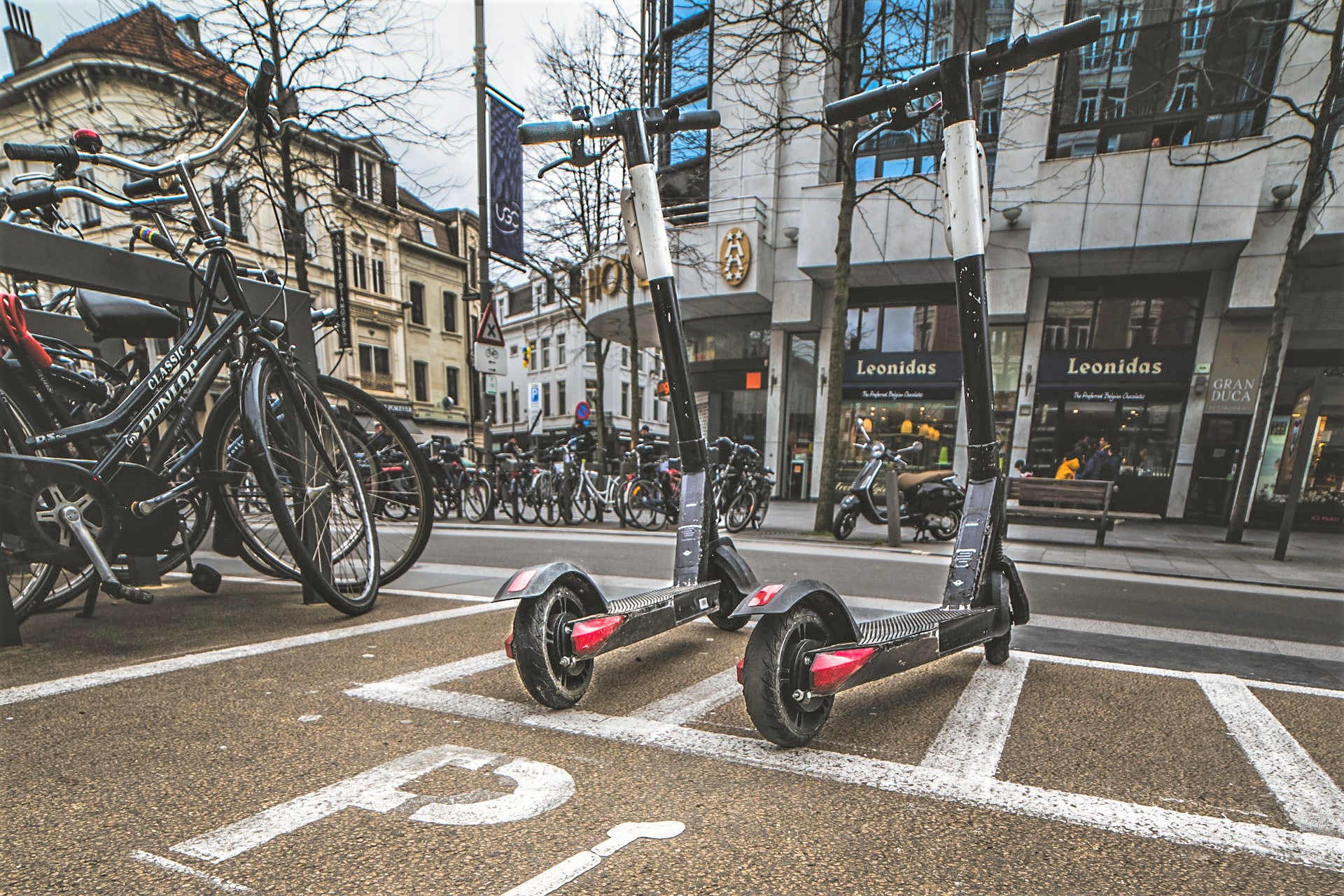1292 results found
Featured results



More results
To promote the country’s participation in the more than 80% of world trade which is carried by sea, GI Hub has delivered Brazil’s Ministry of Infrastructure a market sounding report to optimise its Port Privatisation Program.
Watch the GI Hub and Jacobs webinar ‘Global practices and insights for improving infrastructure delivery models.’ The discussion explored GI Hub's new initiative Improving Delivery Models and highlighted lessons learnt by stakeholders behind the Grand Paris Express, Sydney Metro and Toronto Metrolinx projects.
Watch our CEO Marie Lam-Frendo explore solutions and challenges for decarbonising the transport sector in the latest episode of CNBC's 'Greenprint for a Sustainable Future’ series.
In partnership with seven MDBs, the GI Hub has issued a Call for Submissions for technology-enabled solutions for sustainable roads. The program will provide governments and investors with a pipeline of technology-enabled solutions to make roads more sustainable, and will give technology solution providers an opportunity to pitch their solutions to MDBs for use on current and future road projects.
A GI Hub program that brought together eight multilateral development banks in a partnership to accelerate technology solutions for sustainable roads in emerging markets has been featured in the non-profit, climate-focused publication Grist.
Over the last decade, much has been written about globalisation and how we’re more connected than ever before. In the infrastructure world, we think of connectivity as the “linkages of communities, economies and nations through transport, communications, energy, and water networks across a number of countries” .
When we as consumers decide to invest our money—whether through shares, bonds, or other instruments—we look at whether our investment will deliver a solid financial return. It makes sense then that the same risk-return principle is applied to investments in infrastructure.
The COVID-19 pandemic has disrupted all of our lives. And amidst the crisis it is impossible to envision how long it will last, or how life will be different once it is over. On the issue of mobility, however, a recent report by McKinsey & Co offers an optimistic forecast: this short period of disruption won’t affect existing major trends.
Increased adoption of digital infrastructure will allow cities, regions and their transport operators to integrate new transport modes.
Discover the benefits, challenges, risks and trends of ports privatisation.
Discover three trends in infrastructure design and use that resulted from the pandemic and are likely going to remain relevant to the infrastructure of the future.
How sustainable infrastructure is a key enabler of the transition to a low-carbon economy and an important driver of resilient, inclusive growth
EBRD’s Director of Sustainable Infrastructure Policy and Project Preparation Matthew Jordan-Tank shares insights on how Egypt’s 6th of October Dry Port supports sustainable infrastructure development.
In this Q&A we speak to IRIS CEO and Co-founder Emil Sylvester Ramos, to find out how winning the GI Hub’s 2021 innovation competition has helped IRIS to scale globally and reach emerging markets.
In response to a call for submissions issued by the GI Hub and eight multilateral development banks (MDBs) in March 2023, nearly 50 technology providers submitted solutions to make roads more sustainable in emerging markets.
The GI Hub is helping ‘connect the dots’ among governments, technology providers, and investors to scale up technological adoption and seize the opportunity for more sustainable roads. Here, we discuss why this is important and what we aim to achieve.
Andrew Savage, Vice President of Sustainability at Lime – the world’s largest shared electric vehicle company, explains what Lime is doing to build a future where transportation can be shared, affordable, and carbon-free.
The GI Hub collaborated with eight multilateral development banks on a systematic approach to scaling up technology solutions for sustainable roads.
The Fourth Industrial Revolution (Industry 4.0) presents a significant opportunity for digital transformation in the infrastructure (architecture, engineering, and construction) industry. This sector, traditionally reliant on manual labor, mechanical technology, and traditional business models, has seen limited innovations in productivity compared to many other global industries. However, new digital technologies, particularly InfraTech solutions like drone technology, offer a promising pathway to revolutionize this industry.
As a part of a Balanced National Development project, the project is planning to build a 174.2km long railway starting from Gimcheon, Gyeongsangbuk-do to Geoje, Gyeongsangnam-do.




 Improving Delivery Models
Improving Delivery Models

















